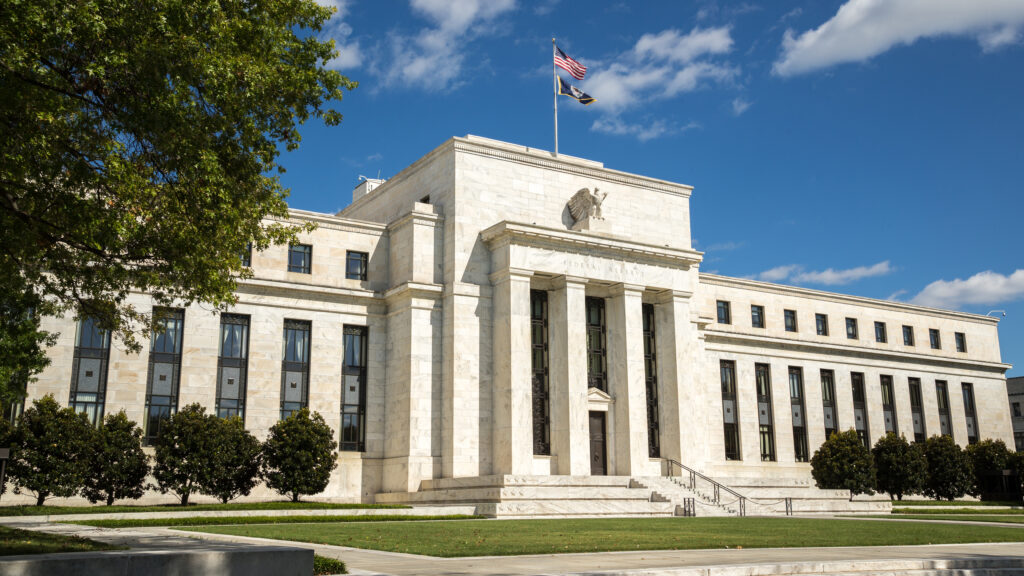There are special characteristics and unique risks associated with trading in securities at times that are outside the ordinary trading hours for the exchange(s) upon which such securities are traded (“After-Hours Trading” or “Extended Hours Trading”). You should familiarize yourself with these risks and determine whether After-Hours Trading is appropriate in light of your objectives and experience. You are responsible for familiarizing yourself with the hours of the relevant markets upon which they trade and for determining when to place orders for particular securities, how you wish to direct those orders, and what types of orders to use. The fact that Capital Markets Elite Group Ltd. offer After-HoursTrading does not constitute a recommendation or conclusion that After-Hours Trading will be successful or appropriate for you.
Some risks associated with After-Hours Trading are as follows:
1. Risk of Lower Liquidity. Liquidity refers to the ability of market participants to buy and sell securities readily. Generally, the more orders (both buy and sell) that are available in a market, the greater the liquidity. Liquidity is important because with greater liquidity it is easier for investors to buy or sell securities, and as a result, investors are more likely to pay or receive a competitive price for securities purchased or sold. There may be lower liquidity in extended hours trading as compared to regular market hours. As a result, your order may only be partially executed, or not at all.
2. Risk of Higher Volatility. Volatility refers to the changes in price that securities undergo when trading. Generally, the higher the volatility of a security, the greater its price swings. There may be greater volatility in extended hours trading than in regular market hours. As a result, your order may only be partially executed, or not at all, or you may receive an inferior price in extended hours trading than you would during regular markets hours.
3. Risk of Changing Prices. The prices of securities traded in extended hours trading may not reflect the prices either at the end of regular market hours, or upon the opening of the next morning. As a result, you may receive an inferior price in extended hours trading than you would during regular market hours.
4. Risk of Unlinked Markets. Depending on the extended hours trading system or the time of day, the prices displayed on a particular extended hours system may not reflect the prices in other concurrently operating extended hours trading systems dealing in the same securities. Accordingly, you may receive an inferior price in one extended hours trading system than you would in another extended hours trading system.
5. Risk of News Announcements. Normally, issuers make news announcements that may affect the price of their securities outside of regular market hours. Similarly, important financial information is frequently announced outside of regular market hours. In extended hours trading, these announcements may occur during trading, and if combined with lower liquidity and higher volatility, may cause an exaggerated and unsustainable effect on the price of a security.
6. Risk of Wider Spreads. The spread refers to the difference in price between what you can buy a security for and what you can sell it for. Lower liquidity and higher volatility in extended hours trading may result in wider than normal spreads for a particular security.
7. Risk of Lack of Calculation or Dissemination of Underlying Index Value or Intraday Indicative Value (“IIV”). For certain Derivative Securities Products, an updated underlying index value or IIV may not be calculated or publicly disseminated in extended trading hours. Since the underlying index value and IIV are not calculated or widely disseminated during the pre-market and post-market sessions, an investor who is unable to calculate implied values for certain Derivative Securities Products in those sessions may be at a disadvantage to market professionals. Additionally, securities underlying the indexes or portfolios will not be regularly trading as they are during Regular Trading Hours, or may not be trading at all. This may cause prices during Extended Trading Hours to not reflect the prices of those securities when they open for trading.
8. Index Values. The Exchange will not report a value of an index underlying an index option trading during Extended Trading Hours, because the value of the underlying index will not be recalculated during or at the close of Extended Trading Hours.
During After-Hours Trading, Capital Markets Elite Group may provide quotations from and execute customer trades through various Electronic Communications Networks (“ECNs”), exchanges or other trading systems (“After-Hours Trading Facilities”). Quotations provided during After-Hours Trading may be different than quotations provided during exchange trading hours. Likewise, it is possible that the quotations displayed by Capital Markets Elite Group from After-Hours Trading Facilities on which Capital Markets Elite Group can execute customer trades may be less favorable than those on other After-Hours Trading Facilities to which Capital Markets Elite Group does not have access. Last sale information provided by Capital Markets Elite Group may not reflect the prices of the most recent trades on all of the various After-Hours Trading Facilities.






